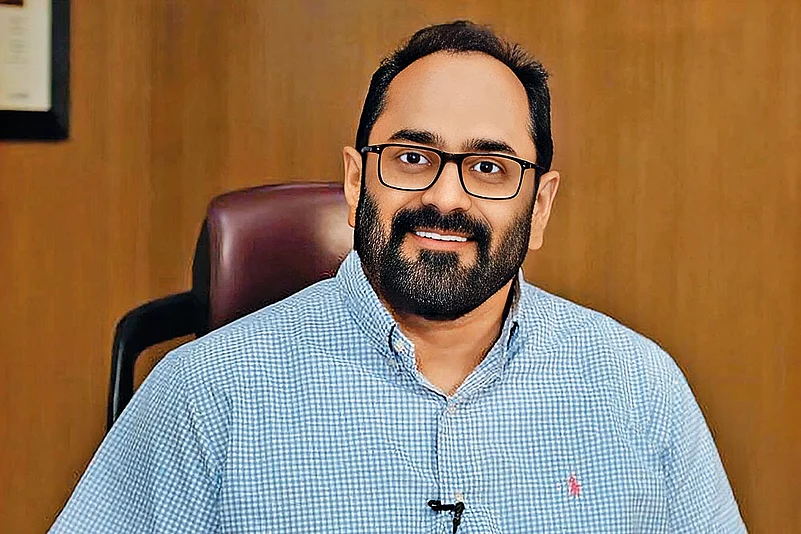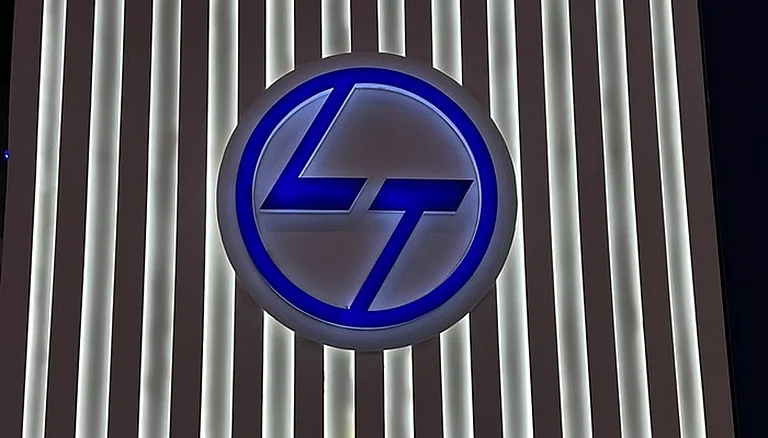The fear of a funding winter has set in among the country’s start-ups. How do you view this development?
My experience has taught me that there will be cycles and volatility in investment and investors. Periods of confidence are followed by hubris and then corrections. This is almost a predictable cycle which I have seen many times. But through it all, ventures that have good ideas, execution and integrity endure and succeed. Talent is a magnet for investors, and it is innovation and winning good products and services that will always find capital.
It is certainly true that we are living in a challenging global scenario. Global trends, hyperinflation, sluggish growth and events, such as the Ukraine-Russia conflict and ongoing developments in the Middle East, are certainly increasing risk aversion and reciprocally slowing risk capital flows globally. However, India continues to stand strong as the world’s fastest growing economy, a testament to our resilience. I am very confident that our start-ups and innovation ecosystem will navigate through these challenges.
Instead of being just a global back office of IT-enabled services, India has recently ventured into niche areas like semiconductor design and commercial space services. Where is India’s innovation ecosystem headed?
Over the last nine years, India has undergone a significant transformation, growing from its traditional role as a global corporate back office into having presence in full spectrum of global digital and innovation economy and becoming the world’s largest digitally connected democracy. PM Modi has ensured that start-ups and entrepreneurship lie at the heart of this transformation. New areas in our innovation economy range from semiconductors, space technology, defence, Web3, AI, high performance computing, nextgen wireless, etc. Initiatives such as the Semicon India futureDESIGN DLI and strategic partnerships with global industry leaders are contributing to the creation of a rapidly growing ecosystem for start-ups.
The government has also institutionalised collaborations between start-ups, industry, academia and the state. These partnerships offer research and development and help create global standard talent and intellectual property. For example, premier academic institutions like IIT Madras’s Research Park have nurtured over 200 deep-tech enterprises with a combined valuation exceeding Rs 50,000 crore.
I have personally witnessed the energy around start-ups that are exploring these opportunities and building deep capabilities. I recently visited the Manipal Institute of Technology, my alma mater, where I saw the enthusiasm of students eager to leverage cutting-edge technologies such as drone tech and synthetic biology. PM Modi has catalysed this energy and confidence that is driving young Indians, especially among start-ups originating from smaller cities and towns. Nearly 50% of recognised Indian start-ups hail from these regions, and they are now venturing into deep tech and space technology.
MeitY has been undertaking collaborative efforts with Google, Meta and Amazon to help Indian start-ups. What are the expectations you have from these global collaborators, given that many young start-ups in the country want to break into areas where these Big Tech companies hold dominant positions?
Collaboration between MeitY and global tech giants or any large enterprise is something that we encourage. These partnerships between Indian talent and global tech can only be a win-win. We are seeing many such partnerships spanning consumer Internet, AI, AR/VR, semicon, microelectronics, etc.
For instance, start-ups can make the most of platforms like the metaverse. Take the AR/VR space. Start-ups are poised to create products tailored for the metaverse; these products can integrate with the metaverse, further enhancing the overall growth of both stakeholders. The recent agreements between Meta and the skill ministry to support start-ups in this domain are another example.
Amazon already extends partnerships to start-ups and provides a marketplace that offers them access to a broader customer base. We have seen several traditional artisans and local businesses from smaller cities and towns access wider markets through their platform. Opportunities such as Google’s Appscale Academy also hold significant promises for start-ups. It is important to note that these tech companies are actively repositioning their supply chains to focus on India, making collaborations a critical consideration.
In a rapidly evolving economy, both start-ups and tech giants stand to benefit from harnessing the entrepreneurial and innovative spirit that start-ups bring to the table. Innovation remains the driving force behind sustained success.
Will the ongoing slew of legislations around digital competition, data protection and AI give an equal footing to homegrown start-ups and their global peers? Or will domestic companies be given any kind of leeway?
Our approach to policymaking is simple—it must be consultative and inclusive, involving start-ups, industry, research among others, to onboard their expectations. Our objective is to ensure that no policy in our country stifles innovation or hampers the growth momentum of start-ups. The DPDP Act (Digital Personal Data Protection Act, 2023) stands out as a landmark example of our approach to building global standard cyber laws for our digital and innovation economy.
I would like to emphasise the significance of the PLI scheme as well. We are now emphasising on vertical integration; wherein major companies qualify for additional incentives when they use chips designed by our homegrown start-ups. A notable success story is the NAVIC chips, our indigenous navigation system. After Apple successfully incorporated NAVIC into some of its new iPhone 15 models, we expect that all smartphones will feature NAVIC by December 2025.































